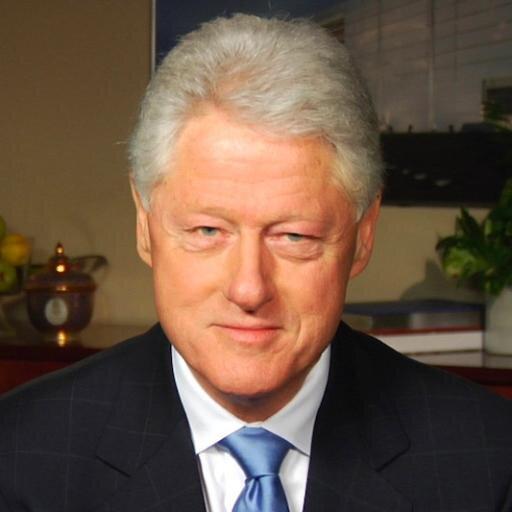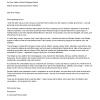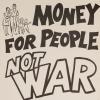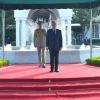Dear Bill Clinton,
I first got to know you when I was a student at Newcastle University in 1992 watching your election debates in my bedroom on a rubbish old TV. You were talking about how you could build an economy that worked for everyone and I was hanging on every word. It wasn’t just what you were saying, although I did passionately agree with you. It was also how you said it. I was studying politics, and watching you I thought: this is what I want to be like and how I want people to see me. You were, it felt to me at the time, the embodiment of the values of JFK – selfless public service.
Your election the following year ended an era in which the Republican Party had controlled the White House continuously for 12 years, and for 20 of the previous 24 years. I came from a small-‘p’ political family in Lancashire. My mother cared about day-to-day issues and taught me what was right and to fight things that were wrong. I joined Shelter when I was 16, then the Liberal Party and I was inspired as much by American politics as what was happening over here.
For me, your presidency heralded a break from the Reagan, ‘do nothing era’ – when if you had AIDS or were homeless and needed help, that wasn’t what the Government was there for.
One of the most striking things I remember was your rebuke to ‘Trickledown’ economics – the theory that favours the rich over the poor that had pervaded the Eighties. You said in your inaugural address that, “We – the American people – we are the solution.” I found it so empowering. The quote has pride of place in my office and I regularly have it in the back of my mind when I think about my role and my daily work life.
But the reason you are such an inspiration to me is summed up in a single discussion. When you responded to AIDS activist Bob Rafsky, saying, “I feel your pain”, you summed up for me what a politician at their best should be. Compassionate, empathetic and determined to deliver a country where the next generation can do better than the last. At my surgeries I meet constituents who talk to me about a variety of problems. Those that stick with me are young people with mental health issues who have no idea where to turn. There are then events that have a profound and lasting effect: the deaths of young people who have struggled with mental health conditions. These events have brought to light serious flaws in the way we support young people. Improvements have to be made.
You changed my views on a few things too; I thought of your action helping deal with the genocide in Kosovo when I was mulling over what I should do. The world stood idly by when the Rwandan genocide happened. But you stood up about Kosovo and said, “We cannot do nothing. We can and must act.” You made the bold, brave and liberal decision to intervene to save lives. You led a broad coalition that involved military action that helped end a genocide.
In the next Presidential debates, I hope your wife inspires the next generation, like you did me. You helped fire my passion, encouraged me to put myself forward for office and most importantly, to try my best to make a difference to the world.
Best wishes, Tim
















